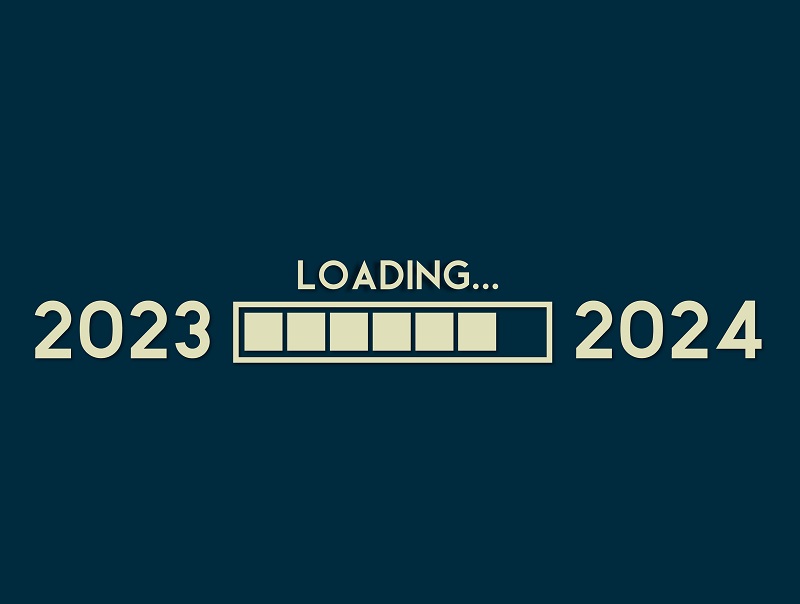Few analysts think that we’ll escape from the financial crisis without a recession, and top power industry executives have wasted no time in spinning the implications for carbon emissions regulation in the US. Yesterday, they attempted to shape a new conventional wisdom at a New York utility conference sponsored by Merrill Lynch, whose sudden collapse last week offers scant assurance about the wisdom of “industry experts.” The audience heard the following predictions from the CEO’s whose companies are the two largest American carbon polluters in our CARMA (Carbon Monitoring for Action) database.
David Ratcliffe, CEO of Southern Co. (CO2 emissions 206 million tons: #1 in the US; #4 in the world): “If this economy has not gotten better legs under it by the first half of next year, power issues will still be secondary to the economy … That will mean that the climate discussion will go slower rather than faster, regardless of who's elected.''
Michael Morris, CEO of American Electric Power Co. (CO2 emissions 175 million tons: #2 in the US, #7 in the world): “I expect the 2009 to 2010 political environment will overwhelm the notion of this country adding a carbon tax to the manufacturing cost of exportable goods … I don't think we'll get serious about carbon legislation until the world does in 2012.”
Their “insights” are obviously self-serving and, in fact, dangerous. The UN’s Copenhagen climate change conference will convene, not in 2012, but next year -- only eleven months after the next administration takes office. It is already clear that major developing-country emitters such as China and India will do nothing to limit their emissions unless the US takes the lead. Copenhagen will fail if the US, China and India fail to commit to emissions reduction, and we will remain on our current course toward what Joe Romm has aptly termed "Hell and High Water".
Their position is not only dangerous, it is also completely wrong-headed. In fact, smart carbon regulation will be easiest, not hardest, to introduce during a recession. Although recession is a national misfortune, it has one fortuitous by-product -- a reduction in carbon emissions as the economy slows and power demand drops. Smart cap-and-trade regulation can “lock in” this head start on emissions reduction at almost no cost during the recession. Here’s how:
- Immediately pass a cap-and-trade bill that sets the initial total limit at the pre-recession emissions level, and schedule a progressive decline in the overall limit that will achieve the needed long-run goal.
- Establish an annual auction for 100% of the emissions permits.
- Set aside a healthy share of the auction proceeds to provide a compensating rebate for every American (for details, see my recent CGD working paper: “Why Warner-Lieberman Failed and How to Get America's Working Families behind the Next Cap-and-Trade Bill”)
Here’s what will happen next:
- As long as the recession continues, auctioned permits will be in excess supply because total emissions will be below the mandated limit. These permits will therefore be dirt-cheap, and power companies will snap them up at negligible cost. In the meantime, everyone will learn how to operate in the new system.
- As the economy recovers, the auction price will begin rising as emissions start pressing against the mandated limit.
- As auction proceeds increase, so will the compensating rebate to America’s working families. This will compensate them for additional power costs -- in fact, the poorest families will actually turn a modest profit. The rebate will insure against a political backlash.
- Meanwhile, the cap-and-trade system will achieve its purpose by increasing the relative price of carbon-intensive energy, which will discourage further investment in fossil-fuel-intensive power and encourage investment in renewable power.
Nothing profound here -- just common sense, a la Economics 101. The bottom line is clear and compelling: During the misfortune of a recession, we at least have a political opening for nearly-costless introduction of the emissions limitation that the American people favor by a wide margin. So let’s get on with it, and let the power-industry CEO’s turn their predictive energies to forecasting the clear implication for their own firms: a rapid shift to investment in renewable power.
CGD blog posts reflect the views of the authors, drawing on prior research and experience in their areas of expertise.
CGD is a nonpartisan, independent organization and does not take institutional positions.




